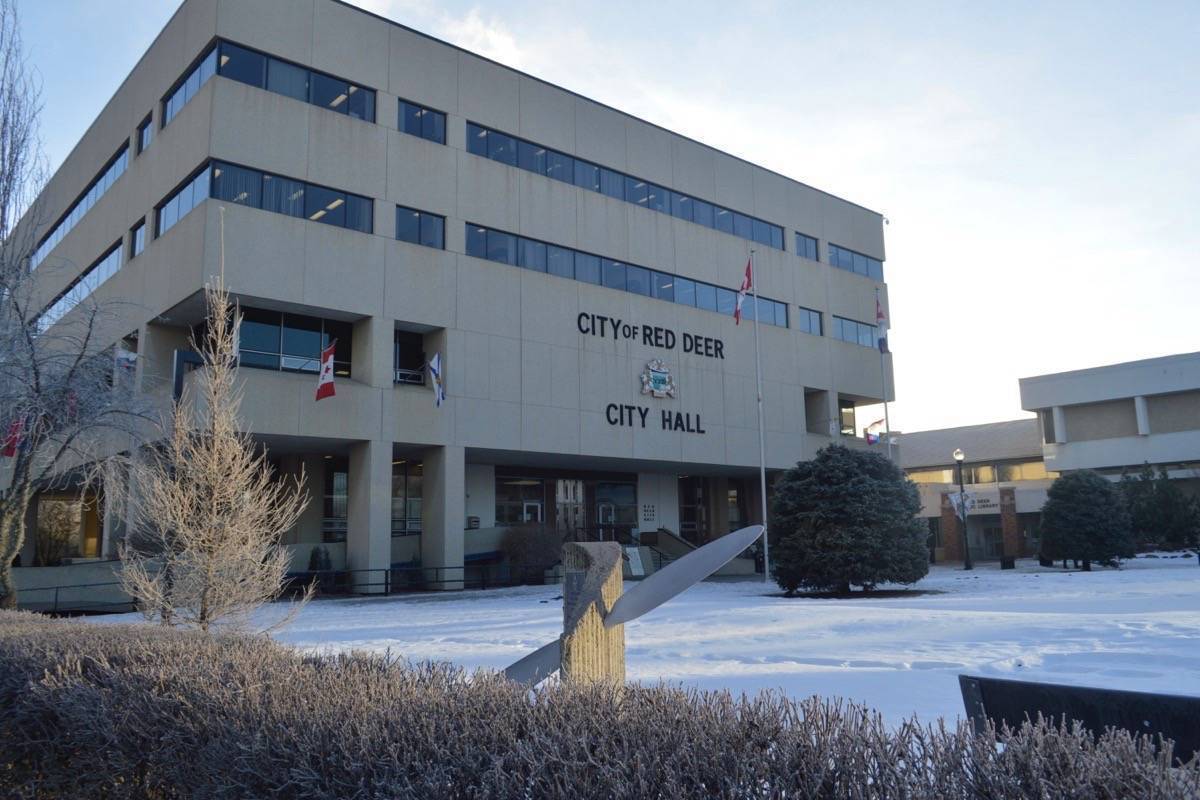Red Deer City council today approved this year’s operating budget at $364 million – that’s a 2.02% tax increase for residents.
Based on the approved budget, a home valued at $325,000 may see about a $42.55 increase in the municipal portion of their taxes per year.
“Council reviewed many different options proposed by administration which aimed to reduce costs with as little impact to service levels as possible,” said Mayor Tara Veer.
“However, some tough decisions were made in regards to service levels in order to keep property tax and utility increases as low as possible. We are confident Red Deerians will still find value and general quality of life maintained even with these reductions.”
Included in that final figure was 1% for capital investment for amenities and growth, plus 0.11% for the provincial carbon tax.
“It’s important to note that council, in our deliberations, we went line by line by line. Council was highly cognizant of the fact that we needed a budget that would be sensitive to the local economy,” said Veer
“But that it would also respond to the service needs of our community and the social challenges that we are faced with with respect to crime and public safety, and to balance all of that without compromising the future of our City.”
The 2018 municipal tax rates will be set later this spring.
That rate will then be combined with the provincial education tax rate and the Piper Creek Foundation requisition to help determine how much property tax residents will pay.
As assessed property value is multiplied by the property tax rates to figure a property owner’s tax bill that is then mailed in May.
Ultimately, council approved about $8.1 million in corporate cost savings, revenues, and efficiencies to arrive at the 2.02% tax hike.
These cuts include a 2% drop in department budgets, a $386,000 reduction in electrical charges and $80,000 in savings related to phone and voicemail systems.
Parking rate hikes also contributed to the final tally.
Some key budget items also include adding 10 new police officers, further investment in parks and the clean-up of drug and rough sleeper debris in the City.
Council also voted to freeze drop-in fees for 2018 to help keep facilities accessible.
“We do a good job at creating a sustainable financial foundation and we did it because we continue to improve through integrated decision-making. I think that is in response directly to the current reality, which both addresses and considers our economy,” said Coun. Lawrence Lee. “It addresses meeting acceptable service levels.
“We’ve also remained nimble throughout this process,” he said.
Veer agreed.
“We knew when we established the guideline last spring that we were certainly looking at a recessed economy, and that would present us with significant capital and operating challenges in 2018. Particularly in light of the uncertainty around federal and provincial grants, and the changing climate we find ourselves in with navigating (through that).
“I think this budget follows those guidelines. It shows sensitivity to the local economy without compromising our future or even our service levels to the citizens and the region that we serve.”
Veer emphasized how shifts in provincial funding allotments are impacting municipal governments and how they craft their yearly budgets, adding that certainly this year, there was a stronger sense of that.
As mentioned, without the carbon tax, Veer said the local operating tax rate would have been .11% lower than the final increase.
“The household impact per month is $3.55 on the property tax for the average home of $325,000.”



